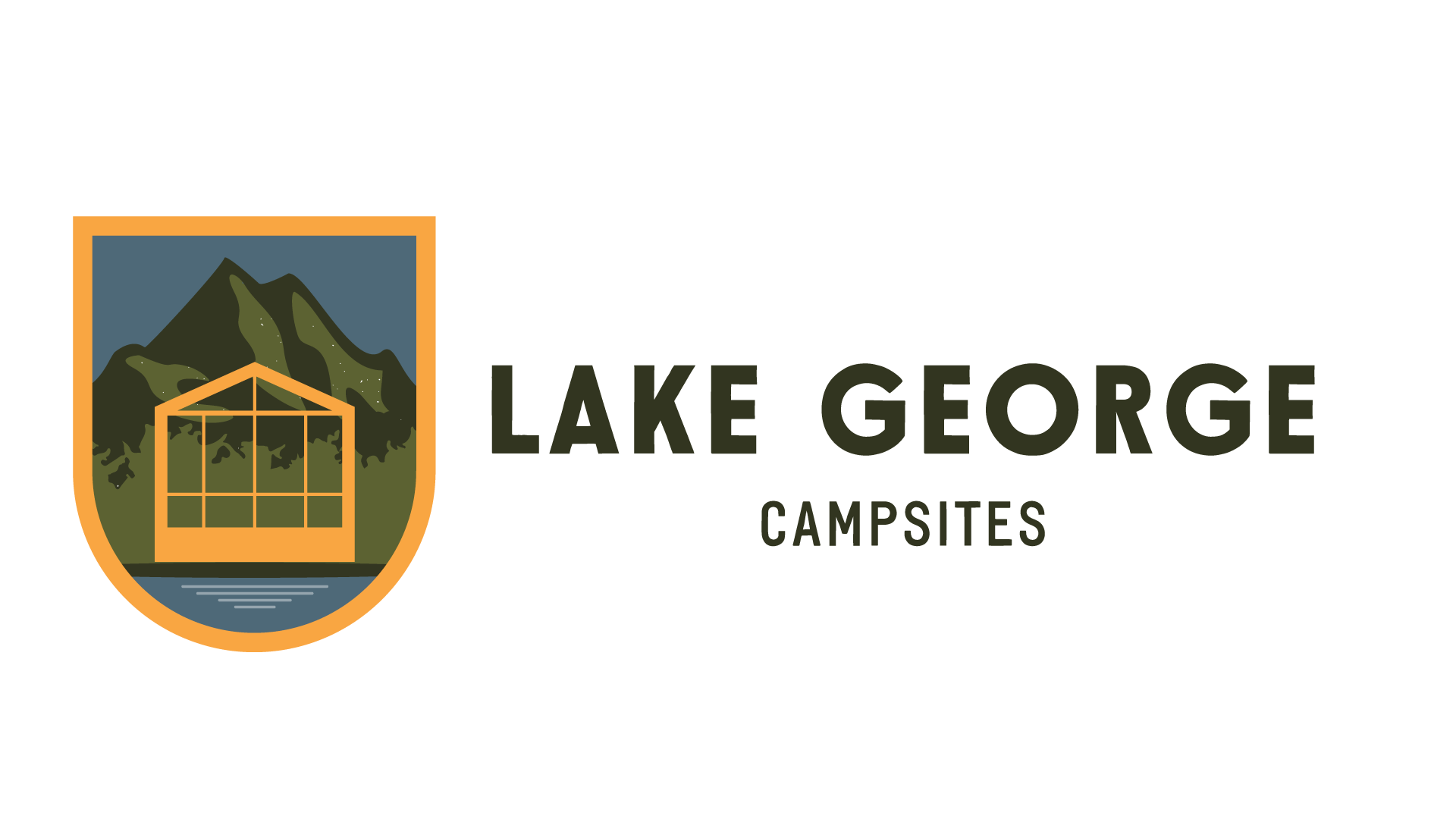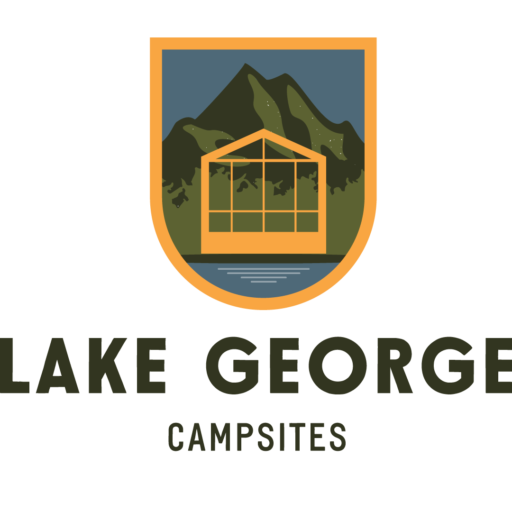
19 Oct See 7 Safety Tips & Tricks Every RV Owner Should Know
Traveling by RV can be a rewarding way to vacation, allowing you to see the sights, carry everything with you that you need, and give you a chance to reconnect with loved ones and nature. Lake George, NY RV camping in particular is popular with families and couples, because of all the southern Adirondack region has to offer.
However, RVs also come with challenges that you may not be used to with your car, truck, or other vehicle if you’re new to RV ownership. Even if you’re a novice RV camper, it’s always good to get back to the basics and brush up on what’s important to know. Get a rundown of safety tips and tricks below so you can have a rewarding experience at our Lake George, NY RV park here at Lake George Campsites (or wherever your camper may take you!).
1) Practice Driving the RV
Every RV has its own peculiarities that range from braking distance to roof clearance. An empty parking lot, with cones, if you can get them, is the best way to practice operating the RV. Pull forward before you turn and give yourself enough room to make that turn. And, when out on the road, allow for more distance between your RV and the vehicle in front of you than you typically would if you were in your car.
You may also wish to look into an RV driving course near you.
Bonus tip: Write down the height of your RV on a post-it and keep it on your dashboard. It’s a more common figure to forget than one might think, and you’ll have the info right there for when you’re going underneath a bridge or through a drive-thru at a restaurant.
2) Keep On Top of Maintenance
Remember that RVs are not operated like many cars are. You likely use your car on a near-daily basis. RVs are typically parked for long periods, and then may be on the road for extended stretches as well.
Maintenance items to keep on top of include checking and topping off fluid levels, vacuuming and cleaning air conditioner vents, checking or replacing the water filter, and more. Follow the instructions from the manufacturer of the RV, and make sure to read the owner’s manual.
3) Assemble a Safety Checklist
It’s important to put together a pre-trip checklist for your RV, and this list will differ depending on your particular camper. The list may include checking the tire pressure, observing the gas mileage, ensuring all the awnings are up, seeing that the stove or oven heater burners are not lit, examining the intake/exhaust lines for blockages, and noting that your first aid kit is stocked. You should end up walking around the outside, and inside of, the RV to complete the checklist.
This safety checklist is something you’ll want to perform not only prior to setting off on your trip but before you leave the campground as well. Like other RV parks in Lake George, NY, we have a dump station on the property that is free for our guests to use before they head out (and is available at a small fee for RVs just passing through the area).
4) Replace the Tires Regularly
You’ll find different recommendations on how often to change RV tires. According to Consumer Reports, the tires should be changed every 10 years, regardless of any wear or tear, or how often the vehicle has been used. Other sources indicate you should change the tires as often as every three or five years. Check with your tire manufacturer, or, simply err on the side of caution.
Bonus tip: Invest in a tire pressure monitoring system or TPMS. This can alert you to problems with the tires before they result in an accident with your RV. A good TPMS uses sensors that are installed on each tire, which can then transfer information to you via your cell phone or a device that is on your dashboard. It performs functions like monitoring the temperature and letting you know of any leakage.
5) Plan Your Route/Trip in Advance
Even if you’re not a frequent RV traveler you likely know that not all routes are going to be RV friendly. Here is another area where technology can help you out – look into an RV-specific GPS device that can help you avoid low bridges or other possible limitations on your course. It’s also smart to know where you’re going, who you’re going to contact should something go awry, and where the nearest hospital is. (We here at Lake George Campsites are a mere 10 minutes from Glens Falls Hospital.)
Further, if you are not bringing a second vehicle with you you’ll need to plan out how you’re getting places. Are you able to drive your RV to the nearest restaurant, and will you be able to park it there? Are you going to make use of the Lake George trolley to get around when visiting the village?
6) Travel During the Daytime
It’s generally recommended for RV enthusiasts to travel during the daytime, in part because accidents are statistically more likely to happen at night. Plus, most RV parks in the Lake George, NY region require you to arrive before dark or prior to the office closing. At Lake George Campsites, we ask that RV campers arrive prior to sunset, or at least before 8 pm. It’s possible for late check-ins if arranged beforehand.
If you do need to drive in the dark, ensure that your headlights are working properly, your windshield is clean on the inside and out, and that you’re keeping an eye out for wildlife, which may be more active at night, particularly along stretches of land where an RV may be prone to traveling.
7) Look Into Helpful Apps
A number of apps available today can make your RV trip that much easier – and even safer. There are apps for GPS tracking, finding campsites, for when you’re at the campsite, and more.
For instance, WhereSafe is a tracking GPS app that allows you to share your location with a loved one at any given time (this can also be used with non-RV vehicles). RV Trip Wizard provides RV-safe directions and can also help you plan your trip. GasBuddy shows the way toward RV-friendly gas stations. You get the idea!
Bonus tip: While not directly related to safety, SkyView and Skyview Lite are apps worth mentioning. They’re primarily known for identifying constellations at night, but the apps can also be used to track the sun during the day – something that may be useful if you’re particular about camping in the shade versus the sun.

Make the most of RV camping in Lake George, NY by keeping safe – and by staying with us! Not all Lake George campgrounds are also an RV park, but we offer sites with full hookups, plus no-hookup sites that can be used for tent camping. We’re also a Lake George campground with cabin rentals.



